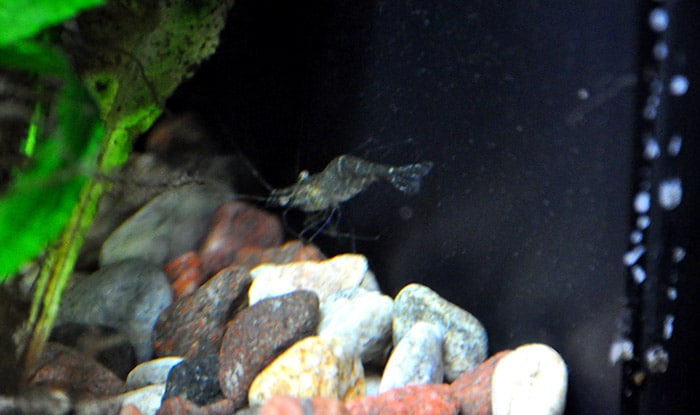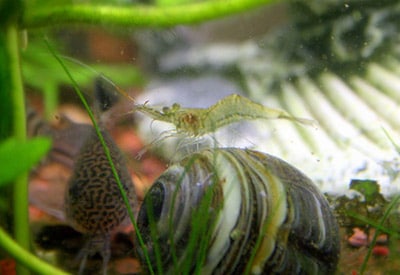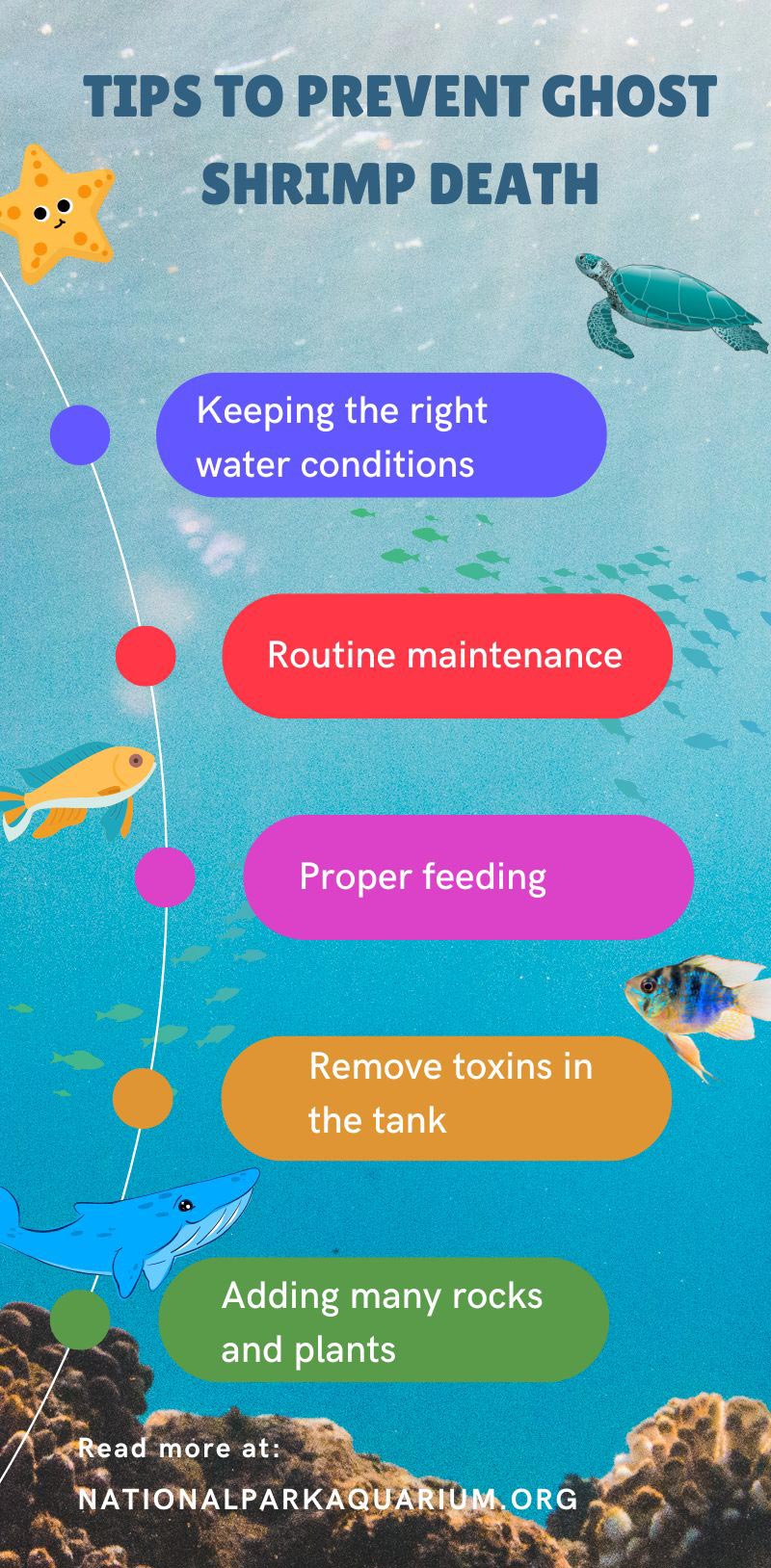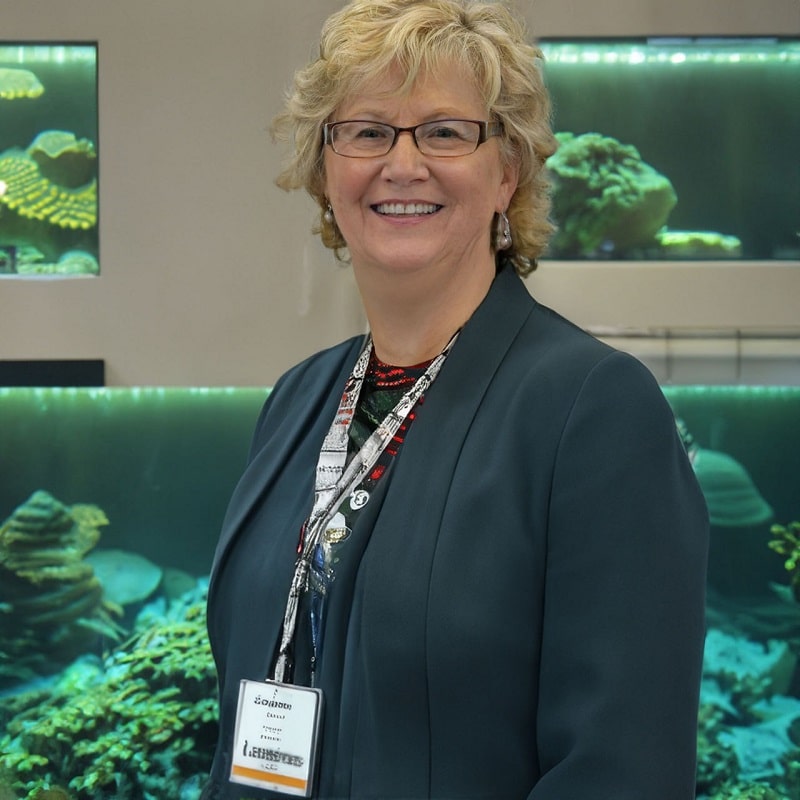Ghost shrimp are small crustaceans that are popular in the aquarium hobby. They are hardy and can survive in a wide range of water conditions, making them an ideal choice for beginning fish keepers.
Unfortunately, ghost shrimp do have a few vulnerabilities. So what exactly causes why did my ghost shrimp die? Several possible culprits include improper temperature, low oxygen levels, overcrowding, poor feeding habits, and ammonia or nitrite poisoning.
If you notice any signs of distress in your ghost shrimps, it is important to take immediate action to save them.
Why Did My Ghost Shrimp Die So Fast?
1. Sudden Temperature Changes
One of the most common causes of death among ghost shrimp is sudden temperature changes. These creatures are very sensitive to temperature fluctuations. They require a temperature range of 70-80 degrees Fahrenheit to thrive.
If the water in their aquarium becomes too cold or too hot, they will quickly become stressed and may die.
It is essential to maintain a consistent water temperature in your aquarium and to avoid making any sudden changes. If you need to change, do so gradually over several days.
2. Oxygen Levels
Ghost shrimp need fresh, oxygen-rich water to stay healthy and thrive. If the oxygen level in your aquarium drops too low, it can cause your ghost shrimp to become stressed and eventually die.

3. Overcrowding Can Lead to Ghost Shrimp Deaths
Overcrowding is another common problem that can lead to ghost shrimp deaths. These creatures do not do well when crowded and may become stressed or fight with each other if there is not enough space.
It is crucial to provide your ghost shrimp with plenty of room to swim and hide and avoid overstocking your aquarium.
4. Poor Feeding Habits
Poor feeding habits can also lead to ghost shrimp deaths. These creatures require a diet high in protein and low in carbohydrates. They also need access to fresh, clean water at all times. They may become sick or die if you do not provide your ghost shrimp with the proper diet or water conditions.
5. Ghost Shrimp Ammonia or Nitrite Poisoning

Another potential cause of ghost shrimp death is ammonia or nitrite poisoning. These substances can build up in an aquarium that is not maintained correctly and can be poisonous to ghost shrimp.
If you notice any signs of ammonia or nitrite poisoning in your shrimp, change the water and remove the waste that produces nitrite and ammonia.
A not fully cycled tank will have abundant harmful bacteria from waste that huts not only your ghost shrimps.
6. Unsuited Tankmates With Ghost Shrimp
It is also important to avoid putting ghost shrimp in an aquarium with aggressive or predatory tankmates.
These creatures can become stressed and may even be eaten if they are not well-protected by other tankmates. Choose more peaceful companions for your ghost shrimp, such as guppies, platys, and siamese algae eaters.
7. Ghost Shrimp Molting
If you notice that your ghost shrimp has died, and you believe it was due to molting, there is not much that can be done. Molting is a natural process that all crustaceans go through as they grow. It is a necessary step in their development and cannot be prevented.
Although it is sad to lose a shrimp during the molting process, it is a normal occurrence.
How Can I Prevent My Ghost Shrimp From DYING?

To prevent your ghost shrimp from dying, you need to ensure several things about your fish tank:
1. Keep The Water Conditions in Your Tank Ideal for Them
This means keeping the water temperature at around 75 degrees Fahrenheit and ensuring that the pH level is stable between 7.0 and 8.0.
You should also change 25% of the water in your tank every week to keep it clean and fresh.
2. Plenty of Rocks and Plants
Additionally, your ghost shrimp must have plenty of hiding places, so be sure to add rocks, plants, and other decorations to your tank.
3. Remove Harmful Chemicals
When doing your regular water changes, use a siphon and avoid using chemicals like chlorine bleach or salt. Ask an expert before proceeding if you need to treat your tank with medication or other chemicals.
4. Leave Them Alone
And finally, try not to handle your ghost shrimp too much – they are shy creatures that will quickly lose their fondness for you if handled frequently!
5. Proper Feeding
Ghost shrimp are scavengers and will eat just about anything, so it is unnecessary to feed them specially formulated ghost shrimp food.
A varied diet of living, frozen, and pellet food will be more beneficial to them. Be sure to include a variety of seafood in their diets, such as brine shrimp, bloodworms, tubifex worms, and plankton. You can also feed them crushed up or freeze-dried fruits and vegetables.
It is important not to overfeed your ghost shrimp, which can lead to water quality problems.
Feed them only what they can consume in 2-3 minutes, and remove any uneaten food from the tank afterward. A good rule of thumb is to feed them once a day or every other day if your tank is heavily stocked.
Conclusion
While it’s hard to say for certain why your ghost shrimp died, there are a few potential causes that we can consider. By considering the information you shared with National Park Aquarium and the tank conditions in which your shrimp were kept, we can make some educated guesses about what may have happened.
We hope that this article has been helpful and provides some answers for you as you mourn the loss of your beloved ghost shrimp.




